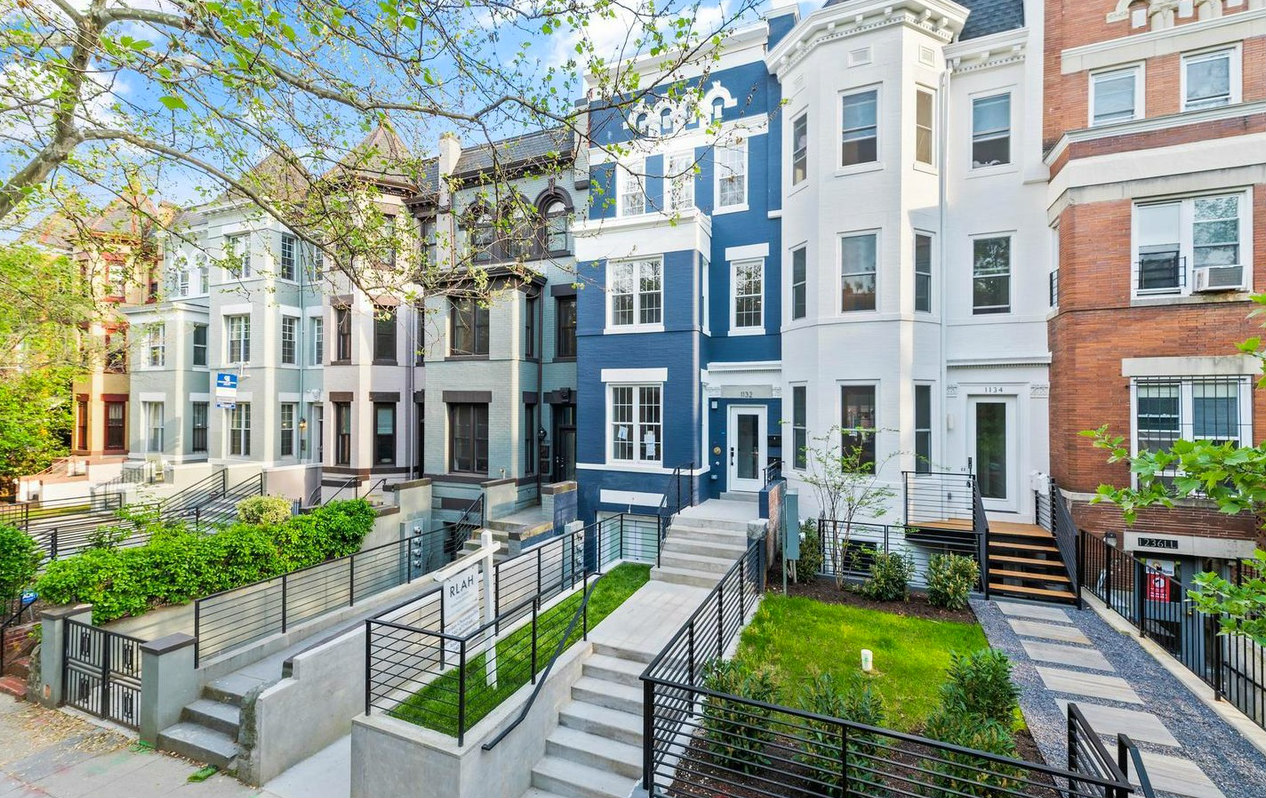What's Hot: Did January Mark The Bottom For The DC-Area Housing Market? | The Roller Coaster Development Scene In Tenleytown and AU Park
 The Differences Between the Hot Housing Market in 2021 and the 2008 Bubble
The Differences Between the Hot Housing Market in 2021 and the 2008 Bubble
✉️ Want to forward this article? Click here.

The frenzied state of the current housing market is more sustainable from the housing bubble that was a major factor in the 2008 recession, according to a new report.
A recent Zillow analysis looks at what differentiates the housing market now from the housing market 13 years ago. The report found that homebuyer demand will likely continue to increase organically, rather than because of external factors like easy access to financing that defined the housing bubble.
story continues below
loading...story continues above
Millennials are leading that demand, and are expected to contribute to an increase of 6.4 million households by 2025 after recovering from the post-Recession economy they inherited. In 2019, the median age of first-time homebuyers was 34, and over the next decade, 46 million U.S. residents will be turning 34 — the largest such wave recorded over a 10-year period.
Unlike 2008 and 2009, when there were a glut of homes on the market, the opposite is now happening.
The lack of supply prevalent in the current market is directly attributable to the 2008 recession, as years of constant homebuilding backfired when the market was suddenly flooded with foreclosed and newly-delivered homes with no one willing to buy them. Homebuilding lagged as a result and now demand is far outstripping supply. In March, there were less than one million homes on the market nationwide, the 18th consecutive month that supply declined year-over-year.
The pandemic also tipped the supply and demand scales, as many sellers stayed on the sidelines due to economic uncertainty, health cautions, and a general lack of confidence that they would be able to find another home if they listed their home for sale. Meanwhile, demand stayed high as some reconsidered what was most important to them in a home.
The final difference is interest rates. Record low interest rates have created a market where, despite eye-popping home value appreciation, home "affordability" is comparable to that observed in February 2012, when home values were at their lowest post-Recession. Consequently, buyers are ready to compete for and undeterred by the limited supply on the market.
Between widespread vaccinations and increased homebuilder confidence, 69% of experts and economists interviewed by Zillow expect positive growth in inventory in the latter half of this year or next year. In fact, Zillow predicts that 6.4 million homes will be sold this year 2021, a 13.5% increase from last year and the strongest sales year since 2006.
With all the above in mind, strong and growing demand will likely keep the housing market trending toward growth and stability for the longer-term.
Listing photo courtesy of Bronson Carmichael.
See other articles related to: bubble, demand, great recession, housing bubble, housing demand, housing market, housing market trends, millennials, recession, supply and demand, zillow
This article originally published at http://dc.urbanturf.production.logicbrush.com/articles/blog/the-differences-between-the-current-hot-housing-market-and-the-2008-bubble/18215.
Most Popular... This Week • Last 30 Days • Ever

As mortgage rates have more than doubled from their historic lows over the last coupl... read »

The small handful of projects in the pipeline are either moving full steam ahead, get... read »

The longtime political strategist and pollster who has advised everyone from Presiden... read »

Lincoln-Westmoreland Housing is moving forward with plans to replace an aging Shaw af... read »

A report out today finds early signs that the spring could be a busy market.... read »
DC Real Estate Guides
Short guides to navigating the DC-area real estate market
We've collected all our helpful guides for buying, selling and renting in and around Washington, DC in one place. Start browsing below!
First-Timer Primers
Intro guides for first-time home buyers
Unique Spaces
Awesome and unusual real estate from across the DC Metro













